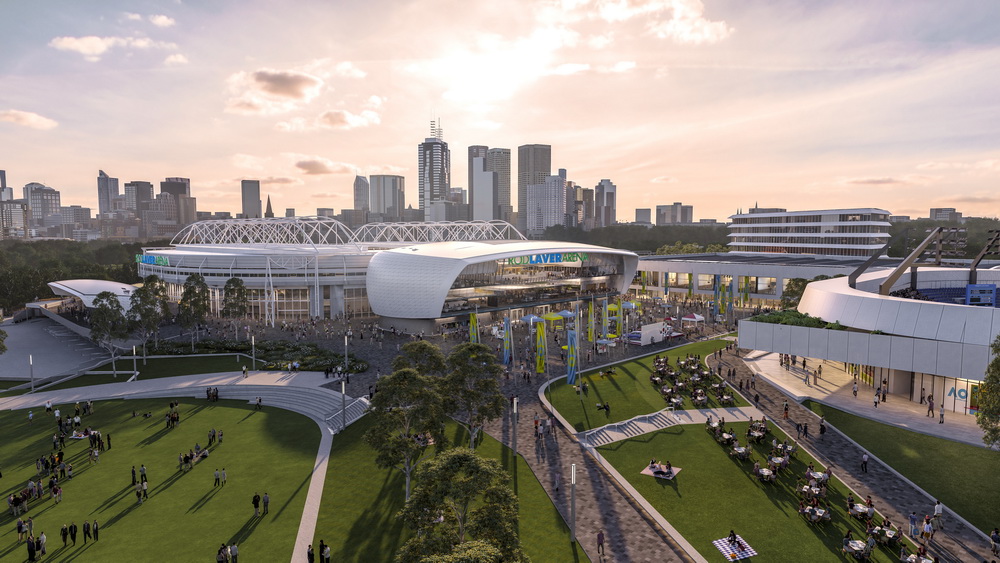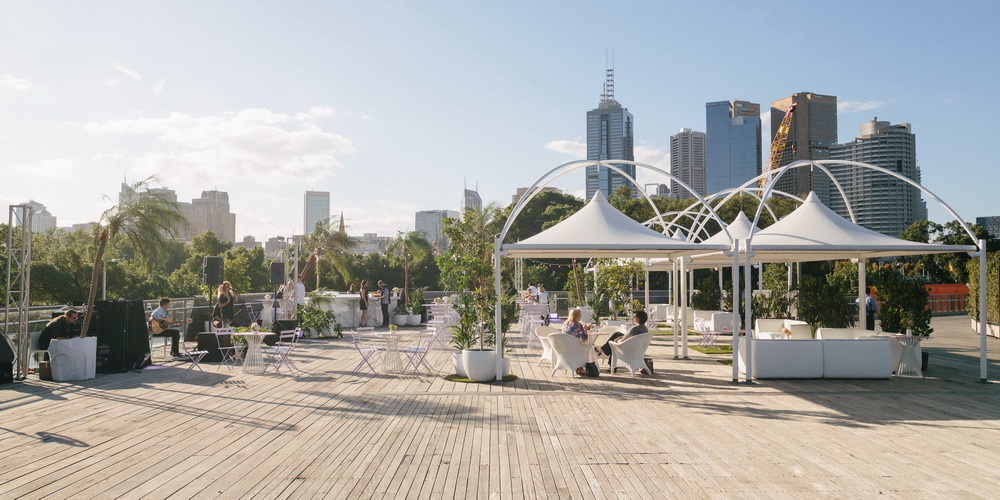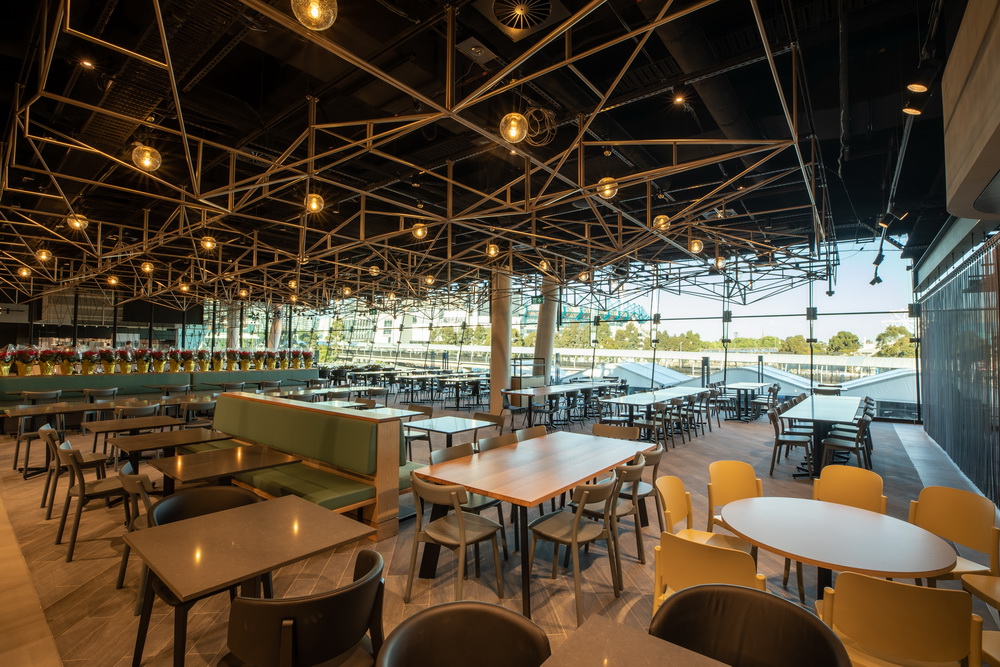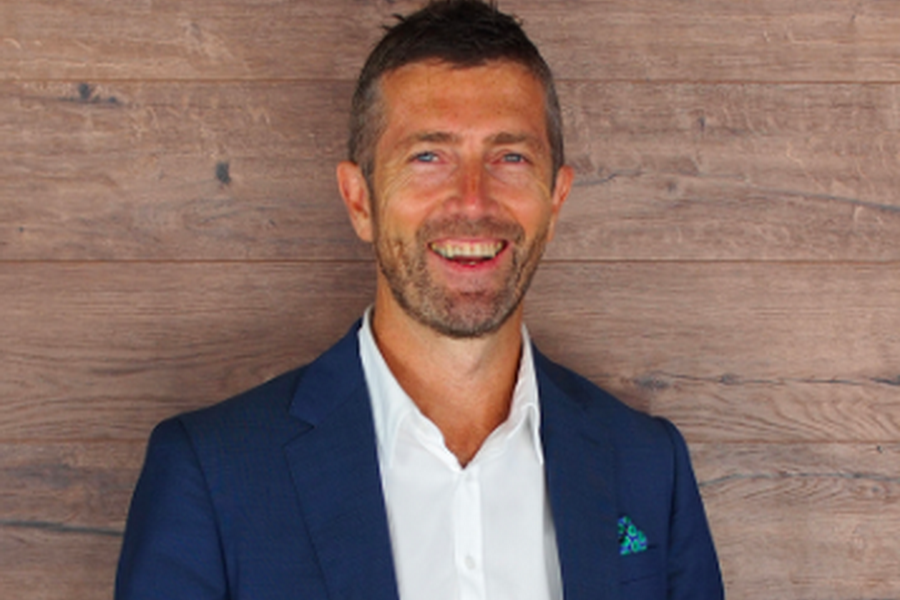MICE work if you can get it: Five tips for matching venues to your event
Contributors are not employed, compensated or governed by TDM, opinions and statements are from the contributor directly
Putting on any type of event can be a daunting business. There are so many variables involved – many unique to each specific location – that a MICE newbie can easily find themselves out of their depth under a deluge of logistics, meetings — and the steadily rising pressure for success as the launch date creeps closer and closer.
Before getting into the rhythm of planning an event and choosing a venue, it is important to first understand the objectives and expectations. Researching and sourcing venues take time, patience and a clear brief.
After more than two decades experience throwing large-scale industry events Peter Jack, founder and director of EMG Events Agency is a man who has his MICE planning down pat. Keen to impart his wisdom, Jack shares his tips for finding the best venues.
Location, location, location

To kick-start venue research, you need to ask yourself (or your client) key questions that will determine the location. Think – where are the guests coming from. Are they local, interstate or international attendees?
If guests fall into the latter, you will need to consider geographical location as it will mean guests are likely in town for a few days to enjoy the sights of the city.
They will want to be central to the action and close to accommodation, so these requirements might form part of your scope.
Good vibes

Also known as the atmosphere of your event. Ask if the venue is visually in line with what the client needs and wants. The space must reflect the type of event you are looking to create.
The levels of sophistication from an aesthetic perspective is also imperative – a ballroom may not be the most viable option for a conference, just as an event with performance elements may not suit a space that has no stage or back of house.
Understanding the key elements of the event and your client will dictate the type of venue you need to consider. At EMG, we always say, “to succeed in events, you must think like a designer”.
Opportunity to create

This tip is often the driving force behind many in event planning – finding opportunities to get creative!
At this point in the process you may consider:
- Is there the option to scale the venue? (either up or down)
- Is the venue a blank canvas that you can modify as needed?
- Access to multiple spaces – both inside and out (catering to all seasons)?
- Is the space able to be branded? Think laying artificial grass, creating an indoor beach, building a 40 metre screen or setting up 10 metre grazing tables
When venue scouting we always work with venues that have great ideas and are willing to collaborate with our vision to reimagine the traditional event space.
A venue that we use regularly to help bring our event visions to life is Melbourne & Olympic Parks. We recently organised an inaugural Golf Business Forum in 2018, which ran over a full weekend for 200 guests at the Melbourne Park Function Centre. This conference celebrated all things golf, and as it was the first year for an event of its kind, we needed all elements to be seamless and engaging for attendees.
We relied heavily on the M&OP team to bring this huge event to life from planning to execution – everything from logistics, timings, delivery and design, this support being absolutely integral to the success of the event.
Price vs value

You mustn’t only consider hire price, but overall value of the venue. Ask, does the venue come with free WiFi, staging and lighting or kitchen spaces? An events manager should be looking for ways to create more value for clients by sourcing a venue with infrastructure in place that comes as added value to the venue hire cost.
You might also consider how involved and supportive the venue is going to be. Having good relationships onsite will make the experience better for all involved. Event managers will never forget venues that jump in to help when things go wrong onsite (which they often do!).
Access

Access is a big consideration and one that often lingers in the memory and determines guests’ final impressions.
Decent access will encompass guest experiences on arrival and departure – and also flow into the event preparation for the events team. Consider the ‘bump in and bump out’ process, if there are other events loading in and out at the same time as you, how big the loading dock is and if there is enough space for multiple trucks.
A traffic jam in the loading dock will affect everything and everyone on the production schedule, so make sure you look at this little piece of the puzzle quite early on in the project.


Comments are closed.